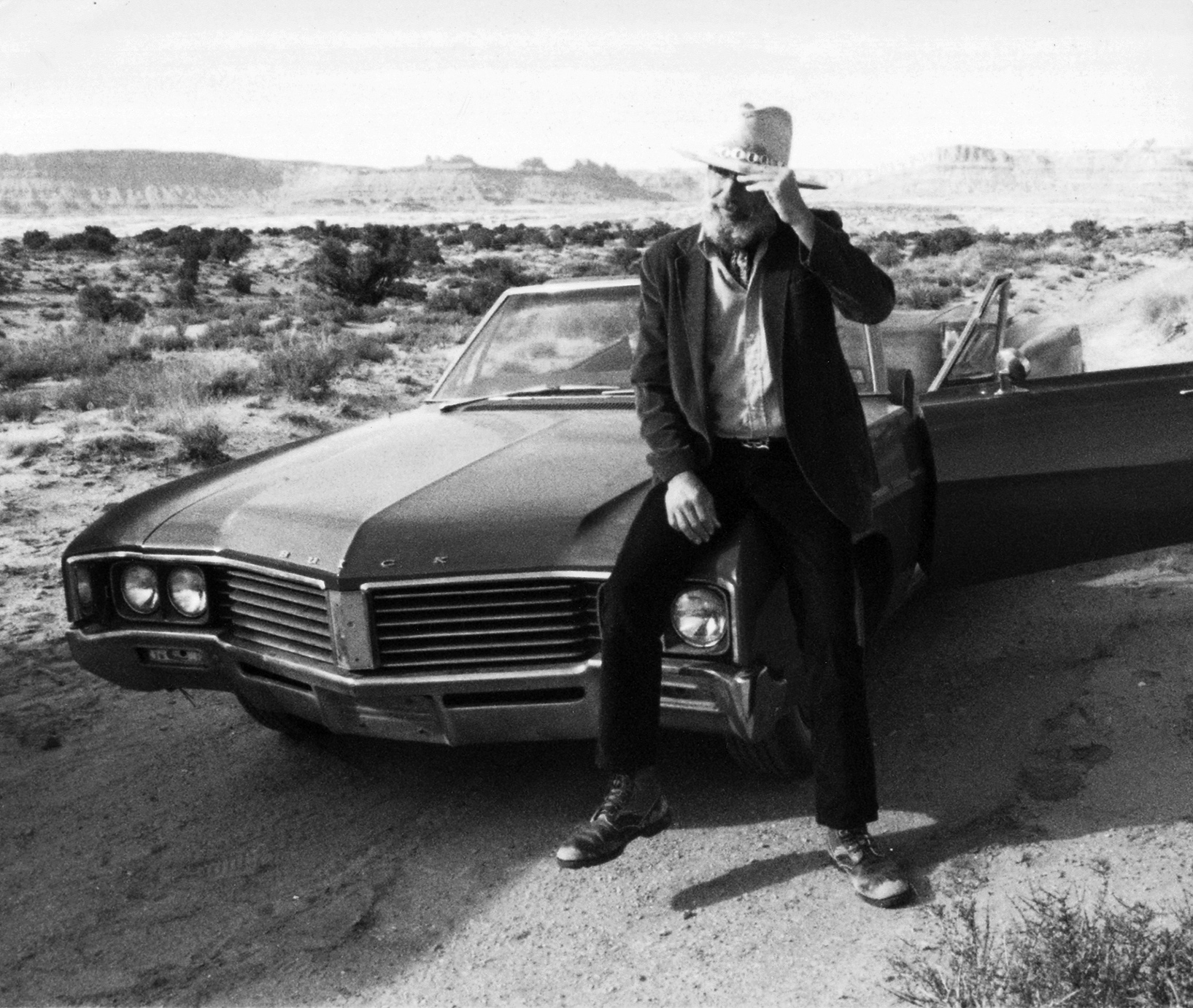Browse Topics
Corporations
Exit
Then boom, boom, boom, the stores fell like dominoes. Without the Gas-n-Go to anchor the town, and with the grocery store and the bank gone, the rest couldn’t hold. The pharmacy shut one day and never reopened. Armored trucks were seen emptying it.
October 2009Everybody Wants To Rule The World
David Korten On Putting An End To Global Competition
And thanks to breakthroughs in electronic communication, we now have the potential to connect every person on the planet in a seamless web of cooperation. Technology has given us the means to build a worldwide movement grounded in universal human values that transcend the barriers of nationality, race, gender, and religion. Back in the early eighties, even domestic long-distance phone calls were a significant expense, and the cost of international phone calls was prohibitive. Now we can telephone around the world for pennies. If we prefer to meet face to face, affordable airfares have made that easier, too. Add the Internet, and the joining of ordinary people in a collective struggle to create a more cooperative global structure becomes a real possibility for the first time in the whole of human experience.
September 2007Forget What They Told You
The Truth According To Greg Palast
The idea that America’s a democracy is a fucking lie. We’ve had one fixed election after another. By my calculations, Hubert Humphrey beat Richard Nixon in 1968. Of course, Humphrey was a jackal as well. But what is not widely understood is that we’ve always had a system in America of not counting certain votes. My good friends on the Left are afraid that the Republicans are going to steal the next election by computer — that the software is going to allow Karl Rove to change the vote. Well, most people who worry about that are white. Black people know they’ve stolen the vote the old-fashioned way for centuries.
May 2007Sincerely, Edward Abbey
The important and difficult question is “How? How save the wilderness?” I am not much concerned with the state of the world a thousand years from now, for in that long-range view I am an optimist: I think that the greed and stupidity of industrial culture will save us from ourselves by self-destruction. What I am concerned about is the world my children will have to live in, and maybe, if my children ever get around to it, the world of my grandchildren.
October 2006The Blessing Is Next To The Wound
A Conversation With Hector Aristizábal About Torture And Transformation
For a long time, during the dirty war in Colombia, when my friends were being shot dead all around me, my goal was just to survive. But after I was tortured, my goal changed. It was not just to survive, but to live a meaningful life. Sometimes, in the ordeal, we find the seeds of our identity.
October 2005An Offer They Can’t Refuse
John Perkins On His Former Life As An Economic Hit Man
The goal of the economic hit men is to cheat countries around the globe out of trillions of dollars for the sake of corporate profits. Their job, you could say, is to create a global empire, and they’ve done just that. Not only does the U.S. control world commerce, but we influence world culture: The language of diplomacy and business is English. People all over the planet watch Hollywood movies, eat American fast food, and adopt American styles of clothing. We have no significant competition.
September 2005Can The Left Get It Right?
Michael Shellenberger On Why Liberals Need To Abandon Complaint-Based Activism
Progressives need to help people imagine more ambitiously what we can do together. American liberals today are stuck defending government programs that are, in some cases, more than half a century old. We need to reinvent progressive politics by reinventing a strategic role for government that unites Americans and transcends interest-group politics.
February 2005Twenty-Eight Words That Could Change The World
Robert Hinkley’s Plan To Tame Corporate Power
We can’t solve the problem of corporate irresponsibility by imposing volumes of laws and regulations that try to restrain the system, because the system is designed not to be restrained. I believe the solution lies in redesigning the corporation itself to build in some self-restraint.
September 2004Risky Business
Peter Sandman On Corporate Misbehavior And Public Outrage
I tend to be more passionate about the process of communication than about the outcome. I’m interested in people listening better and talking more and wanting to understand each other’s point of view. I try to eliminate the things that get in the way of that. And it’s a Sisyphean task, because industry people and activists aren’t really talking to each other; they’re doing theater with each other. Whichever side I am working for, I try to find a way for both sides to listen better.
December 2003Fingers To The Bone
Barbara Ehrenreich On The Plight Of The Working Poor
The way they calculate poverty was devised in the early sixties and based on the notion that most people spend a third of their earnings on food — which was not true even then. Nevertheless, the reasoning went that if you calculated how much money people spent on food and multiplied that number by three, you would have the poverty-level wage. And that’s what they’ve been doing ever since. The problem is that food prices have been pretty resistant to inflation, whereas housing and healthcare have shot through the roof. So the poverty level is completely misleading. Yet this nation keeps patting itself on the back, saying, “Look, our poverty level is only 12 percent.”
January 2003







